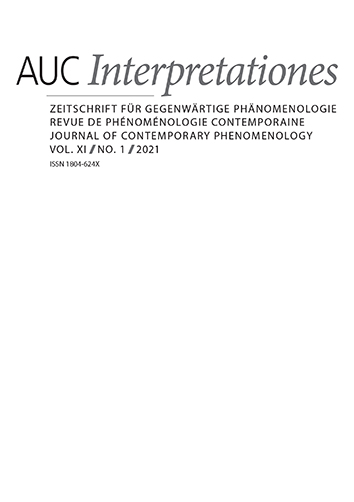AUC INTERPRETATIONES, Vol 2 No 2 (2012), 41–54
Impérialisme linguistique, impérialisme territorial. De la politique des langues à la politique territoriale
Charlotte Loris
zveřejněno: 13. 01. 2015
Abstract
This article questions the complex relations between territorial and linguistic imperialisms from a philosophical and historical standpoint. It argues that a language has a specific power that allows a land to be unified or dominated by a centralized power. Drawing on the analyses of the post-colonial studies and the de-colonial movement, as well as on historical examples, this article inquires about the specific power of words. The analysis tempts to show how a linguistic geopolitics is invented by such a use of languages. Hence, it questions the complex links between, on the one hand, language and imperialism, and on the other hand, colonialism and minorities. The aim of this text is thus to highlight the powers of language to create territories, drawing new maps and consequently forging new nation states. Indeed, a language is not only formed by a territory and a history, but it also forms and transforms the geography and the history of a land. Even more: a language informs and forms a territory by saying and referencing it.

Impérialisme linguistique, impérialisme territorial. De la politique des langues à la politique territoriale is licensed under a Creative Commons Attribution 4.0 International License.
148 x 210 mm
vychází: 2 x ročně
cena tištěného čísla: 180 Kč
ISSN: 1804-624X
E-ISSN: 2464-6504
